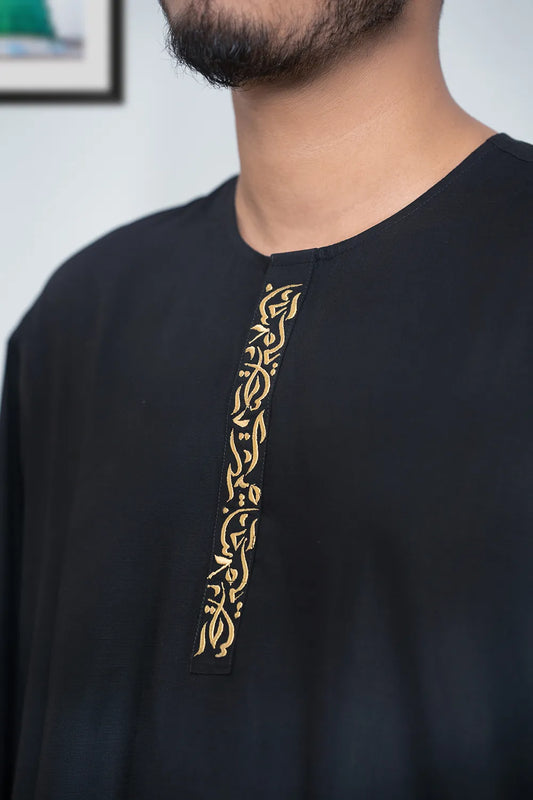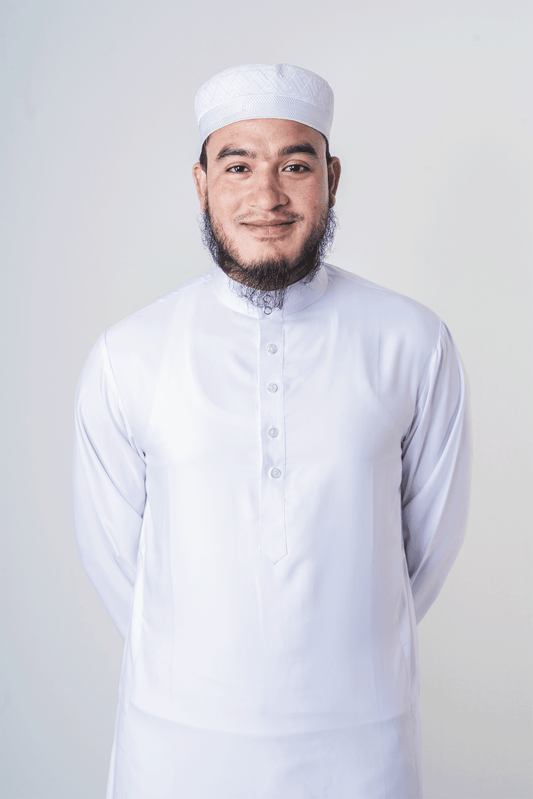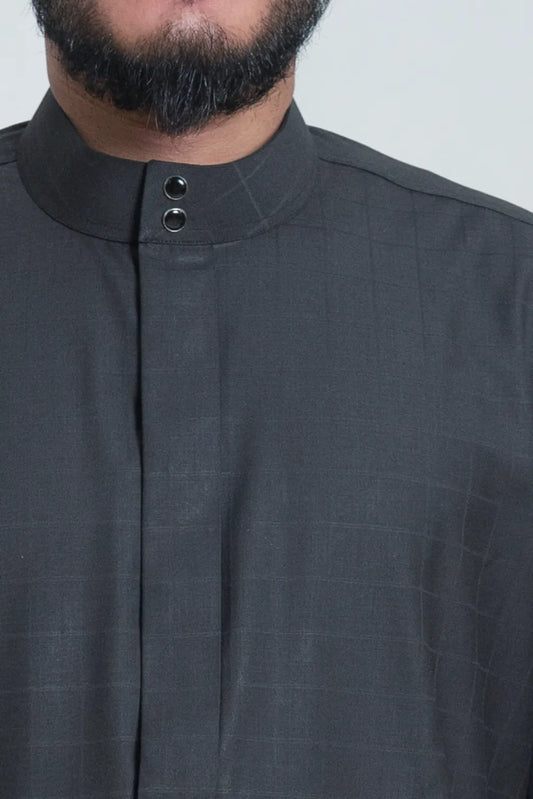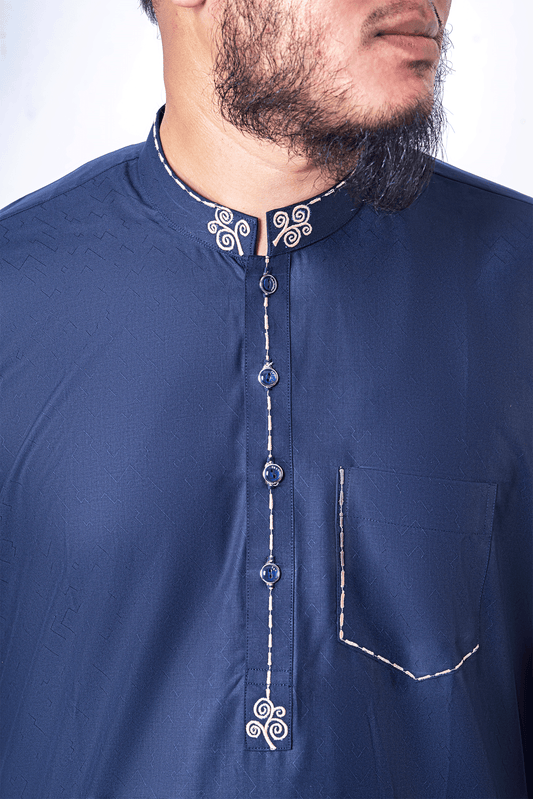What is Dua and Why Is It Important?
Dua is an intimate conversation with Allah where believers can express their deepest emotions and seek divine assistance. Unlike other forms of worship, such as Salah or Zikr, Dua is open 24/7, providing Muslims with a direct line of communication with Allah at any time.
"Call upon Me, and I will respond." (Qur'an 40:60)
Despite its importance, many of us struggle to make Dua effectively, especially during challenging times. Wearing modest and comfortable clothing can help us focus more on our spiritual connection.
Key Takeaways
Dua is a powerful act of worship that connects us to Allah, especially in difficult times. Be patient; Allah answers Duas in the best way, even if the answer is delayed. Speak from your heart, in your own words, knowing that Allah understands all languages. Follow the example of the Prophet (PBUH), who taught us patience, trust, and humility through his own duas. Consider checking our 100+ powerful duas collections.
The Power of Dua in Hardship
Dua becomes an invaluable source of strength when we’re feeling overwhelmed. It allows us to turn to Allah for comfort, relief, and guidance. The verse above reassures us that Allah hears our supplications, even if the relief comes in unexpected ways.
Prophet Muhammad (PBUH) frequently turned to Dua during difficult moments, such as the trials of Ta'if or during battles, showing us how essential it is to seek Allah’s help with humility and trust.
Common Barriers to Making Dua
Why We Feel Disconnected During Dua
Feeling disconnected from Allah due to the busyness of life can create challenges in sincerely focusing on Dua. Some might feel unworthy of His mercy because of personal shortcomings. However, the mercy of Allah is limitless and accessible to all who ask for it.
Dealing with Unanswered Duas
One of the greatest frustrations is when our Duas seem unanswered. Doubts may arise about Allah's plan or the sincerity of our own prayers. It’s important to remember that Allah responds in different ways: sometimes fulfilling our requests immediately, sometimes storing them for later, or diverting an evil away from us instead.
"When someone appeals to Allah, He may quickly fulfill the request, store it for later, or divert an evil from the person instead." (Musnad Ahmad)
Challenges in Expressing Dua
Making Dua can feel challenging for those who aren’t confident in finding the right words, particularly in Arabic. But Allah understands every language, and the sincerity behind your personal Dua is what matters most. Speak to Him in your own words, because what matters the most is the sincerity of your heart.
Practical Steps for Making Dua Meaningful
1. Setting the Right Intention (Niyyah)
Before making Dua, focus on your intention. A sincere intention transforms your Dua into a meaningful spiritual connection with Allah. Always remind yourself that you’re speaking directly to the One who is most Merciful and All-Hearing.
2. Performing Wudu for Spiritual Focus
Though Wudu (ablution) isn’t mandatory for making Dua, it can help purify both body and mind, enhancing your spiritual focus. You can also face the Qiblah as a way of aligning your heart and soul toward Allah.
3. Creating a Tranquil Environment
Creating a peaceful environment—whether indoors in a quiet room or outdoors in nature—helps reduce distractions and allows you to focus on your Dua. Raising your hands in supplication is a Sunnah practice that symbolizes humility and submission before Allah.
Making meaningful Dua or Salah requires not just spiritual focus, but also comfort in your attire. Read about the importance of choosing the right clothing for prayer and how it enhances your connection to Allah.
4. Starting Dua with Praise and Blessings
Begin your Dua by praising Allah and sending blessings upon the Prophet Muhammad (PBUH). This not only follows the Sunnah but also sets a tone of reverence before presenting your requests.
"O Lord! Indeed I am in need of whatever good You would send down to me." (Qur'an 28:24)
How Dua Can Help When Feeling Lost
1. Acknowledging Allah's Attributes
When feeling lost, start your Dua by calling upon Allah’s attributes. Names like Al-Wakeel (The Ultimate Trustee) or Ar-Rahman (The Most Merciful) can help reinforce your trust in Allah’s divine wisdom during challenging times.
2. Drawing from Quran and Sunnah
The Qur'an and Sunnah provide powerful examples of Duas during times of distress. One such Dua is from Yunus (AS), who supplicated while in the belly of the whale:
"There is no deity except You; exalted are You; indeed, I have done wrong." (Qur'an 21:87)
Another example is the Dua of Musa (AS), expressing his vulnerability and trust in Allah’s provision.
3. Expressing Personal Duas in Your Own Words
Don’t hesitate to speak to Allah in your own words, even if you’re unsure how to phrase your requests. The sincerity of your heart is more important than eloquent speech. Trust that Allah hears you, whether your Dua is expressed in Arabic, English, or any other language.
Trusting in Allah's Plan and Timing
How Allah Responds to Duas
As Prophet Muhammad (PBUH) explained, Allah may respond to your Dua in different ways—by fulfilling the request, storing it for a later time, or diverting harm from you. Understanding this helps us develop patience and strengthens our faith in Allah’s wisdom.
Embracing Patience in Dua
It’s natural to feel frustrated when our prayers aren’t answered immediately. But trusting in Allah’s plan brings a sense of peace. Sometimes what we ask for may not materialize right away, because Allah knows something better is waiting for us.
Conclusion: Following the Prophet’s Example in Dua
Throughout his life, Prophet Muhammad (PBUH) never lost hope in Allah’s relief, no matter how long it took. By following his example, we can face our own challenges with optimism and resilience, trusting that Allah's wisdom and timing are always perfect.



 https://sunaan.com
https://sunaan.com










